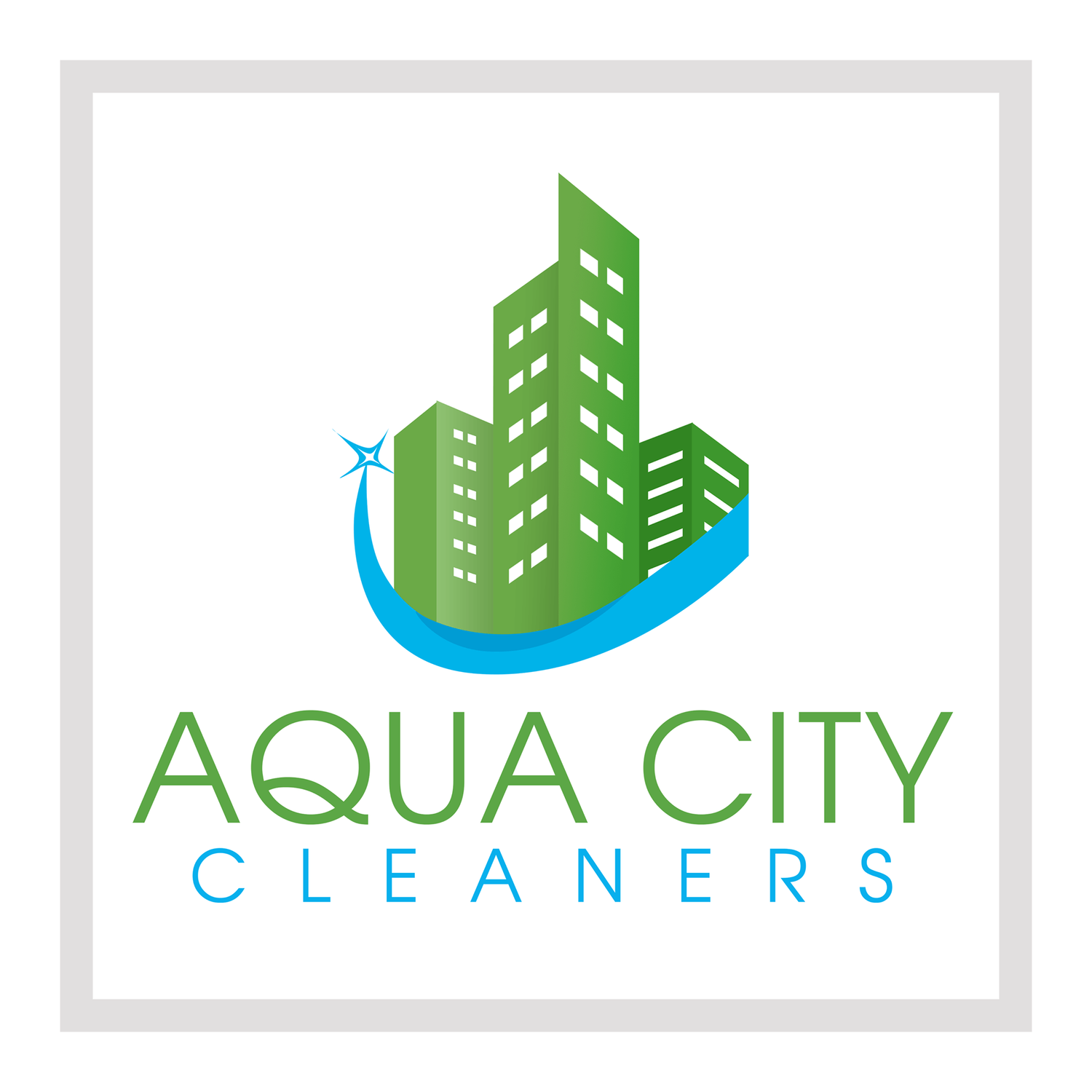The best natural house cleaners for home and family
According to studies, it is shown that cleaning materials can be hazardous especially when it is chemical and that it could cause harm to both human beings and the environment. Hence, the need to carefully select materials which will not cause harm to the body and environment.
Many chemicals used in the cleaning of houses are found to be cancerous, some trigger asthma, burn skin and eyes, etc. Considering that, cleaning materials used at home can be self-made as these are likely natural and not toxic to the body and environment. It is easy to make homemade material for house cleaning and ingredients are often readily available. Using natural house cleaning material is healthier, cheap to make, and they contribute to a sustainable economy and society
Listed below are common materials used for cleaning homes:
Washing soda
White vinegar
Liquid castile soap or Sal Suds
Natural salt
Isopropyl Alcohol
Baking soda
Borax
Hydrogen peroxide
Lemons
Microfiber cloths
Essential oils (optional)
A spray bottle or two
Baking soda
Baking soda is a hard-working cleaning item that has been used over the years and it is used to clean and deodorize.
White vinegar.
Like baking soda, white distilled vinegar is safe and cheap and can be used as a non-toxic sanitizer. Each time a reference is made to "vinegar" in these articles, it is fair to say that I am referring to distilled white vinegar unless otherwise stated.
It can be used to cut grease odors, remove stains, remove mildew, and it can also prevent build-up wax from surfaces or cloths.
Hydrogen Peroxide
It is a common wound disinfectant and it can be used in the kitchen or bathroom. It has bleaching properties and it is equally an excellent stain remover from fabrics at all times. It can cause skin or respiratory irritation hence, care needs to take when handling hydrogen peroxide
Washing Soda
Washing soda can also be called SAL Soda is sodium carbonate. It can be used to cut grease, an active removal stains, it is a water softener, and it perfectly cleans; sinks, pots, carpets, tiles, walls and tubs. During usage, it must be handled with proper care. Aluminum and soda reacts and changes the colour of aluminum material so it is not advisable to use soda on aluminum.
Isopropyl Alcohol
Alcohol is an excellent disinfectant. It is a potent odor remover, and other forms of ethanol (grain alcohol) can be used for cleaners and disinfectants.
Deodorizer and kitchen cleaner
How to do:
4 tablespoons baking soda
1 quarter hot water
Use the aforementioned remedy to deodorize surfaces or add baking soda right from the package and to avoid odors from your sink or garbage disposal. Create a paste of baking soda and water to brighten and erase stains from stainless steel. Apply it with a wet cloth and smooth softly against the grain of the sheet. Rinse warm, then clean.
Glass surfaces
What you require:
2 cups of water
1/2 cup white or 1/4 cup cider vinegar rubbing alcohol
70 percent strength 1 or 2 drops of basic orange oil for odor (entirely optional)
The next time you need to wash your windows and mirrors, mix these ingredients and dump them into a plastic container.
NOTE: On a humid, sunny day, don't clean windows, because the solvent will dry too quickly and leave plenty of streaks. For glasses, apply the substance first before cleaning, on a paper towel or loose rag.
Health Considerations
The following guidelines are important for making sure the home-made products are both safe and effective:
Check First: It's important that you first check all of these solutions in an inconspicuous position and make sure you don't harm the surface on which you operate. Not all fabrics, countertop products, floors, and fittings respond likewise.
Experiment not: never play with untested types of chemicals, as some are dangerous in combination (such as bleach and ammonia).
Avoid irritations: Ensure you work in a well-ventilated environment and wear gloves, especially if you have sensitive and reactive skin.
Use labels: When you are making a solution that you will not need completely in the first try, the bottle should be appropriately marked. This is good practice for all your cleaning liquids.
Store Well: Please keep cleaning items out of the sun's heat and light. Store in a protected place, where children or pets cannot reach them.
In conclusion, in the house cleaning process, the best natural house materials are not far-fetched as they can be easily produced, they are more safe than harsh chemicals, and are sustainable and eco friendly.



